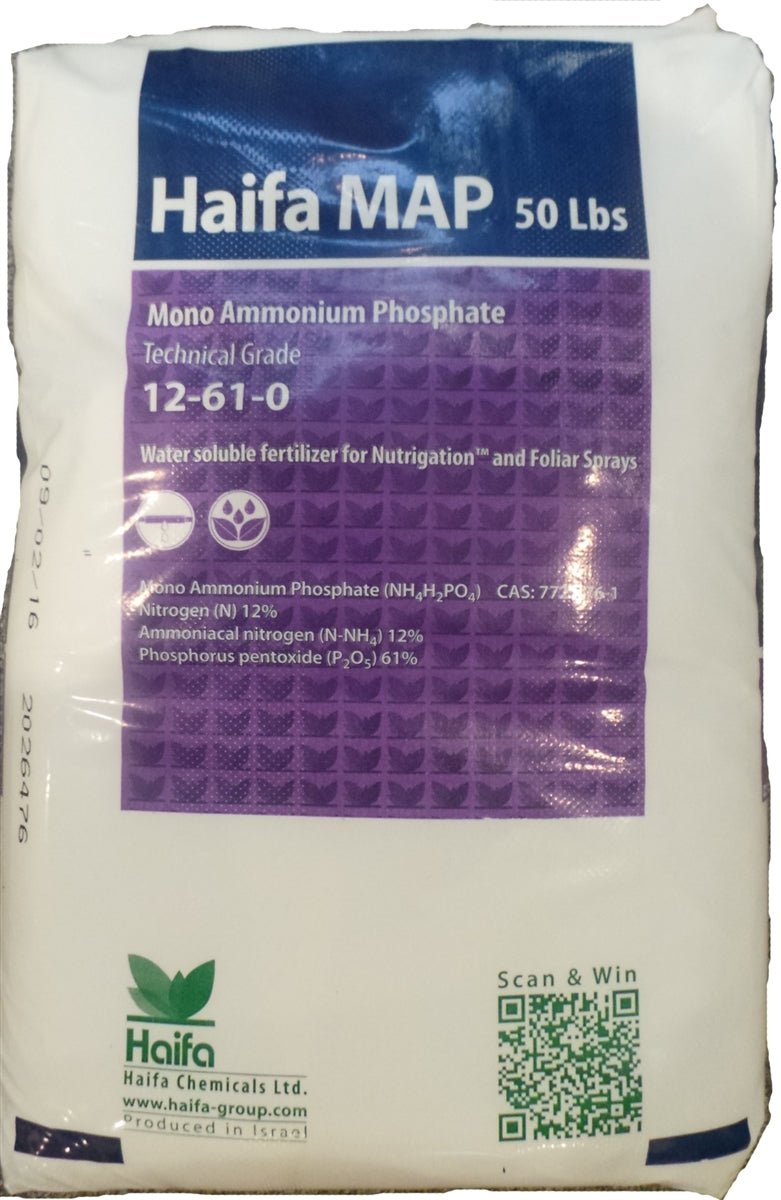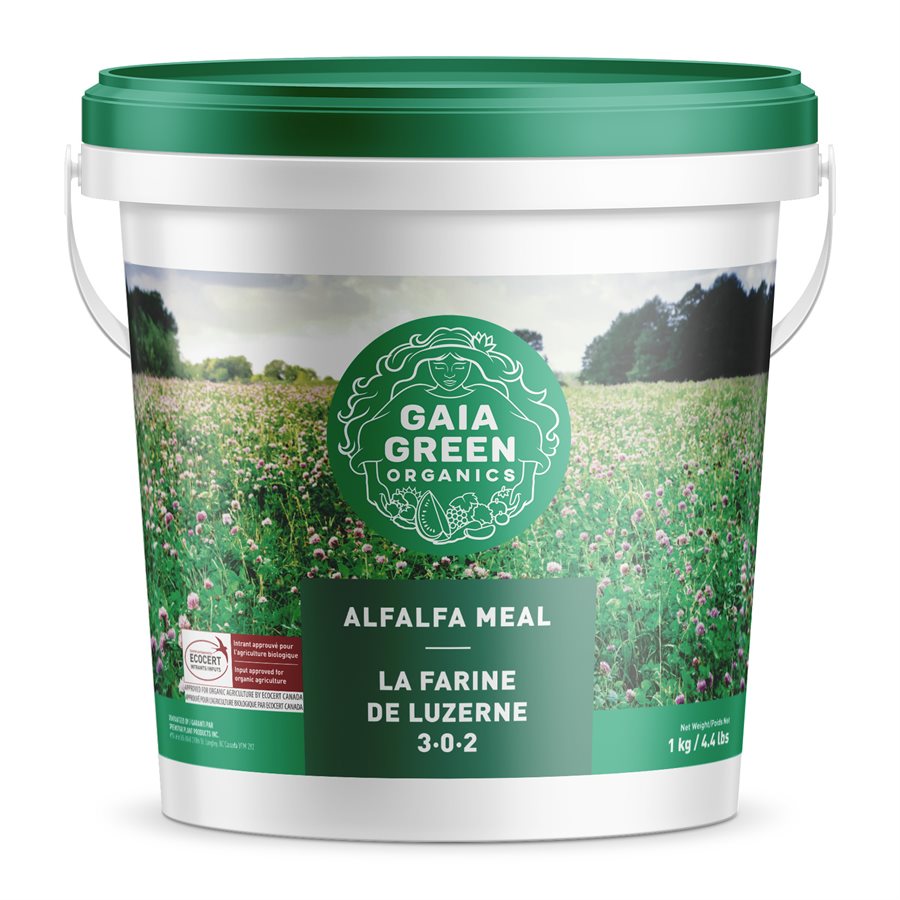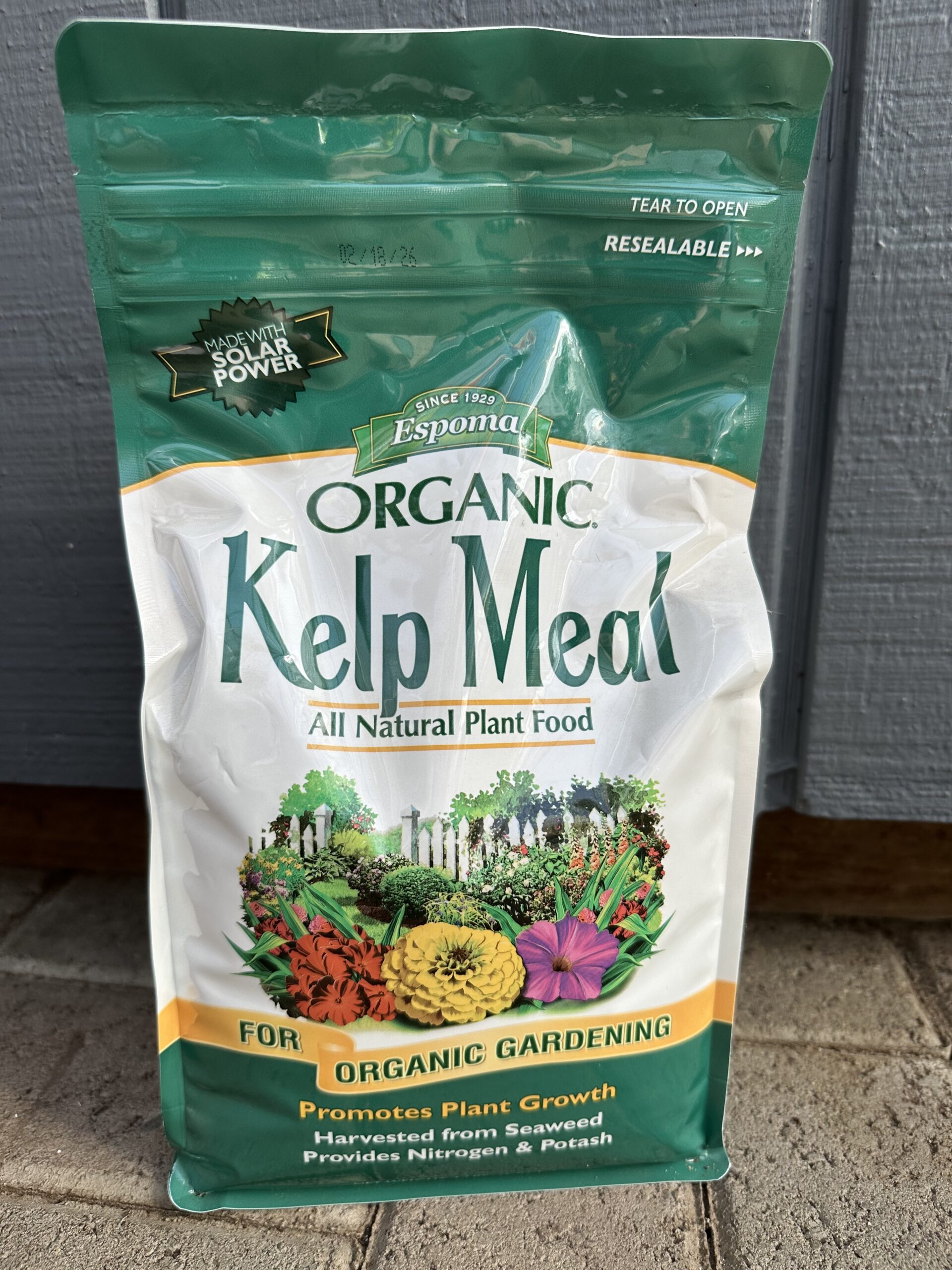Nitrogen Fertilizer: The Key To Healthy Lush Plants
Title: Nitrogen Fertilizer: The Key to Healthy Lush Plants
Introduction:
Nitrogen is one of the most important nutrients for plant growth. It is a key component of chlorophyll, the green pigment that allows plants to photosynthesize. Nitrogen also helps to build proteins, which are essential for plant structure and function.
Without enough nitrogen, plants will become stunted and weak. They may also develop yellow leaves, which is a sign of nitrogen deficiency.
Nitrogen fertilizer can be applied to the soil to help plants get the nutrients they need. There are many different types of nitrogen fertilizer available, so it is important to choose one that is appropriate for the type of plants you are growing.
Main Content:
In this blog post, we will discuss the importance of nitrogen fertilizer for plant growth. We will also cover the different types of nitrogen fertilizer available, how to apply nitrogen fertilizer, and the benefits of using nitrogen fertilizer.
The Importance of Nitrogen Fertilizer
Nitrogen is one of the three macronutrients that plants need in large amounts. The other two macronutrients are phosphorus and potassium.
Nitrogen is essential for plant growth because it is a key component of chlorophyll. Chlorophyll is the green pigment that allows plants to photosynthesize. Photosynthesis is the process by which plants convert sunlight into energy.
Nitrogen also helps to build proteins, which are essential for plant structure and function. Proteins are made up of amino acids, and plants need 16 different amino acids to grow and thrive.
Types of Nitrogen Fertilizer
There are many different types of nitrogen fertilizer available. Some of the most common types include:
- Inorganic fertilizers: These fertilizers are made from synthetic chemicals. They are typically fast-acting and provide a quick boost of nitrogen to plants. However, they can also be harmful to the environment.
- Organic fertilizers: These fertilizers are made from natural materials, such as manure, compost, and bone meal. They are slower-acting than inorganic fertilizers, but they are also more beneficial to the environment.
- Liquid fertilizers: These fertilizers are dissolved in water and applied to the soil. They are easy to use and can be applied quickly. However, they can be more expensive than other types of nitrogen fertilizer.
How to Apply Nitrogen Fertilizer
The best time to apply nitrogen fertilizer is in the spring or fall. This is when plants are actively growing and can use the nutrients most effectively.
The amount of nitrogen fertilizer you need to apply will depend on the type of plant you are growing, the soil type, and the climate. It is important to follow the directions on the fertilizer label to avoid over-fertilizing your plants.
Benefits of Using Nitrogen Fertilizer
There are many benefits to using nitrogen fertilizer. Some of the most common benefits include:
- Increased plant growth: Nitrogen fertilizer can help plants grow faster and larger.
- Improved plant health: Nitrogen fertilizer can help plants resist pests and diseases.
- Increased yields: Nitrogen fertilizer can help plants produce more flowers, fruits, or vegetables.
- Improved soil quality: Nitrogen fertilizer can help improve the overall health of the soil.
Conclusion
Nitrogen fertilizer is an important tool for gardeners and farmers. It can help plants grow faster, healthier, and more productive. However, it is important to use nitrogen fertilizer correctly to avoid over-fertilizing your plants.
If you are unsure about how to use nitrogen fertilizer, it is always best to consult with a gardening expert.
Nitrogen is a key nutrient that plants need to grow. Nitrogen fertilizers are one of the most common types used to produce nitrogen in order to help plants flourish and grow strong. There are many different types of nitrogen fertilizer available, so it is important to choose the right one for your plants.
If you are looking for more information about nitrogen fertilizer for plants, I recommend visiting Home Gardening. This website has a wealth of information on the different types of nitrogen fertilizer, how to use them, and the benefits they can provide for your plants.
FAQ of nitrogen fertilizer for plants
- What is nitrogen fertilizer?
Nitrogen fertilizer is a type of fertilizer that provides plants with nitrogen, which is an essential nutrient for plant growth. Nitrogen is responsible for the production of chlorophyll, which gives plants their green color. It also helps plants produce proteins, amino acids, and other essential molecules.
- Why do plants need nitrogen fertilizer?
Plants need nitrogen fertilizer because the soil can often be deficient in nitrogen. This is especially true in sandy soils, which are low in organic matter. Nitrogen fertilizer helps to replenish the nitrogen levels in the soil, which can lead to healthier and more vigorous plant growth.
- What are the different types of nitrogen fertilizer?
There are two main types of nitrogen fertilizer: organic and synthetic. Organic nitrogen fertilizer is derived from natural sources, such as manure, blood meal, and alfalfa meal. Synthetic nitrogen fertilizer is produced in factories and is typically more concentrated than organic nitrogen fertilizer.
- How do I apply nitrogen fertilizer to my plants?
The best way to apply nitrogen fertilizer to your plants will depend on the type of fertilizer you are using and the type of plants you are growing. However, there are some general guidelines that you can follow.
For organic nitrogen fertilizer, you can simply spread it around the base of your plants and water it in.
For synthetic nitrogen fertilizer, you may need to dissolve it in water before applying it to your plants.
Be sure to follow the directions on the fertilizer label carefully to avoid over-fertilizing your plants.
What are the signs of nitrogen deficiency in plants?
Nitrogen deficiency can cause a number of problems in plants, including:
- Slow growth
- Yellowing leaves
- Stunted growth
- Reduced flowering
- Reduced fruit production
If you notice any of these signs in your plants, you may need to apply nitrogen fertilizer.
- How much nitrogen fertilizer do I need?
The amount of nitrogen fertilizer you need will depend on the type of plants you are growing, the soil type, and the climate. However, a good rule of thumb is to apply 1-2 pounds of nitrogen per 1,000 square feet of garden space.
- How often should I apply nitrogen fertilizer?
The frequency of nitrogen fertilizer applications will also depend on the type of plants you are growing, the soil type, and the climate. However, a good rule of thumb is to apply nitrogen fertilizer every 4-6 weeks during the growing season.
- What are the risks of using nitrogen fertilizer?
Over-fertilizing with nitrogen can damage plants and even kill them. It can also leach into the groundwater, which can contaminate drinking water. Therefore, it is important to follow the directions on the fertilizer label carefully to avoid over-fertilizing your plants.








Post a Comment for "Nitrogen Fertilizer: The Key To Healthy Lush Plants"